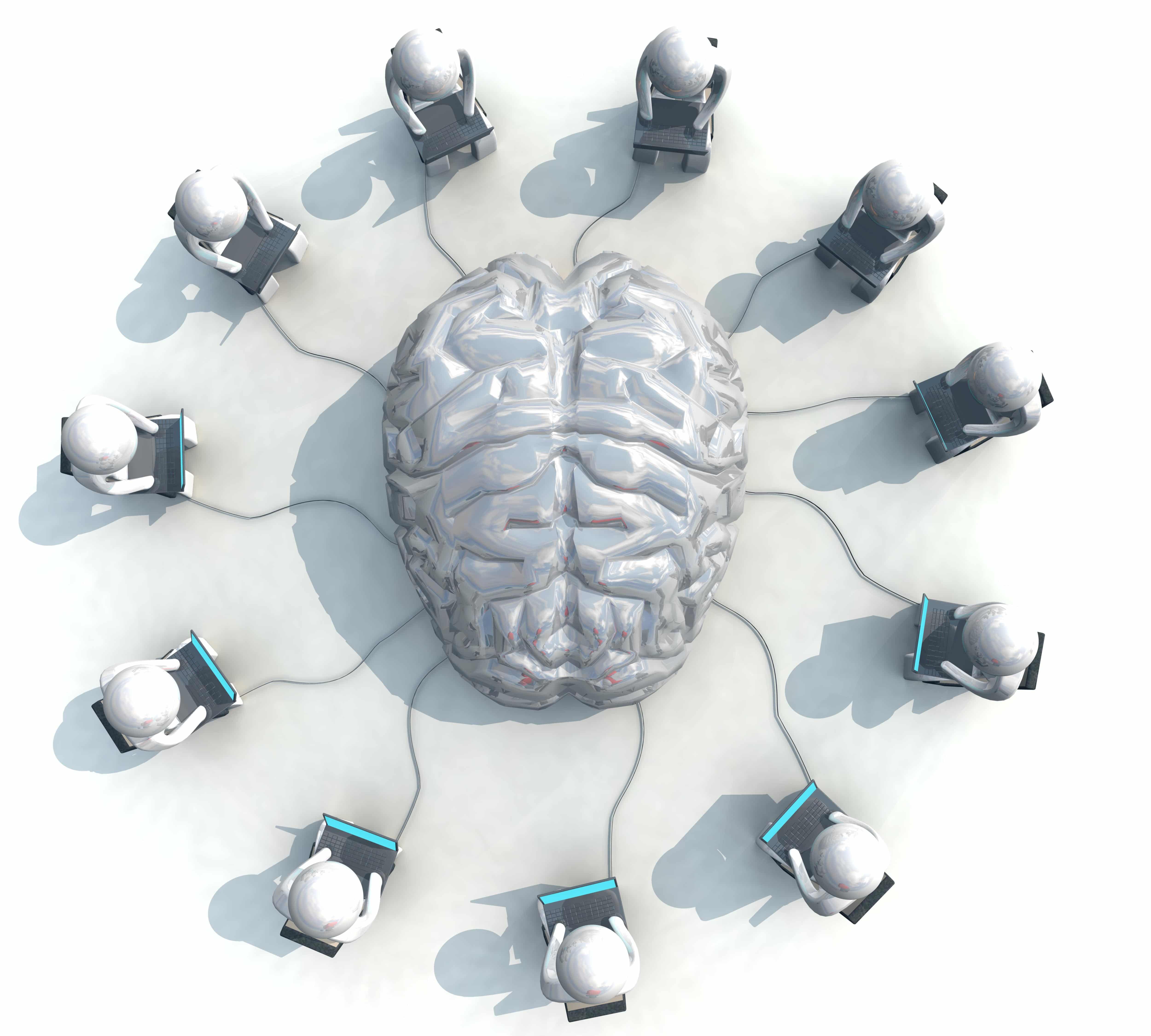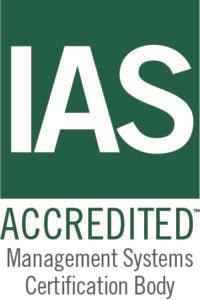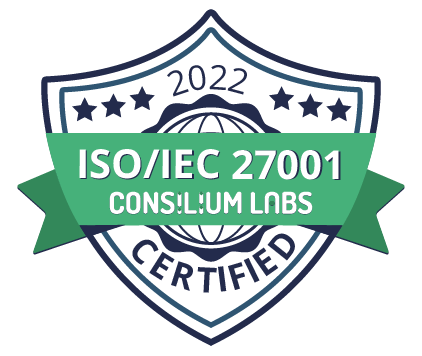Ernest Forman
Professor Ernest H. Forman, D.Sc. Expert Choice Principal Decision Technologist Dr. Forman is a Professor of Decision Science at George Washington University's School of Business, and co-founder of Expert Choice Inc.. He has extensive experience in applying executive decision-making methodologies, risk management, resource allocation, operations management and statistics in both commercial and government settings. Dr. Forman has a Bachelor of Science degree in Electrical Engineering from the University of Rochester, a Master of Science in Management Science from Johns Hopkins University, and a Doctor of Science in Operations Research from George Washington University. Forman's current area of research and consulting focuses risk measurement and management, high level or executive decision support--and the ongoing development of Expert Choice software, which received one of the first United States patents issued for computer software in 1984. Expert Choice, a computerized implementation of the Analytic Hierarchy Process, is now extensively used throughout the world. Applications include a wide range of government and business decisions involving tradeoffs among conflicting objectives, some quantitative, some qualitative. Examples of such problems include government policy, allocation of R&D funds, cost/benefit analysis, employee evaluation, setting corporate priorities, group decision-making, conflict resolution and strategic planning.
Recent Posts
Maximizing Opportunities to Ensure Optimal Decisions
Every day, we are faced with choices. Some of those choices are relatively easy, like deciding what to have for breakfast or choosing a movie to watch (okay, that one maybe isn’t as easy). However, in the corporate world, organizations are consistently dealing with uncertain challenges that require immediate and effective problem-solving. Read More
Posted in
decision-making,
optimal decisions
0 Comments
3 Key Pillars for Strategic Decision-Making
We can all agree that accountability and transparency are goals for every organization. This is especially true when considering decision-making processes, as these two elements are crucial to ensure final decisions are defensible, accepted, and understood by key stakeholders. So why is it that many organizations often struggle to achieve... Read More
Posted in
decision making skills
0 Comments
How to Make Decisions Faster Without Sacrificing Quality
For modern-day organizations, the pace of ideation is faster than ever before. Regardless of industry and size, teams across the globe are working to figure out how to make decisions faster without sacrificing the quality of those decisions. And while many organizations have no problem generating new ideas and brainstorming ways to bring them to... Read More
Posted in
decision making model
0 Comments
Wisdom of Crowds
The increasingly interconnected world no longer supports the belief that decision-making is best left in the hands of an enlightened elite. Sharing relevant enterprise-information across projects and/or departments engages workers and can improve performance. Leveraging available social media develops more robust channels of internal... Read More
Posted in
Business,
decision-making,
Uncategorized
1 Comment
02
Dec
Portfolio Optimization and Sequestration
Fiscal cliff readiness? How can we manage the damage sequestration can cause to our programs? Read More
16
Nov
AHP: Subjective Decisions are Rational
There's not as much difference as we might think between subjective vs objective assessments. That's because all important decisions are really subjective? This means that you are wise to consider subjective factors, and resist calls to rely only on "objective facts" when you make important decisions. Here's why. Read MoreDo you know the difference between investing and gambling?
What is the difference between investing and gambling? The short answer is that in the long run, gambling will result in a loss, but investing will result in a gain. But how do you know which is which? In order to tell, you need to know something about the probability distribution. Following along the arguments presented in the book, The Wisdom of... Read More
Posted in
gambling,
investing,
probability distributions,
Business
0 Comments

















